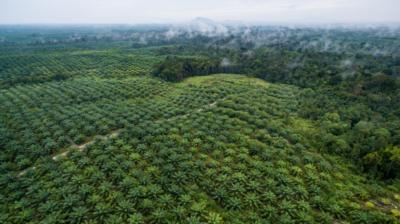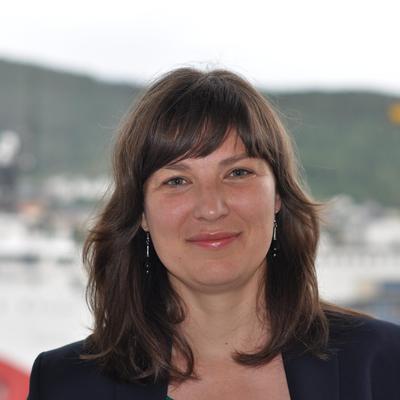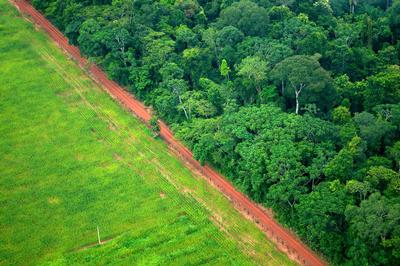Conflict Enclosures
Our overarching goal is to contribute to a better understanding of Asian visions of the environment.
Conflict Enclosures brings together CMI researchers with interests in violent conflict, resource exploitation, competing visions of development, and environmental justice across Asia, including Asian projects in other world regions (i.e., Belt and Road Initiatives/Maritime Silk Road).
The dramatic expansion of areas zoned for conservation and 'green'/'blue' projects undertaken in the name of 'sustainable development' means that growing populations (rural, coastal, urban) are becoming physically and culturally disconnected from their established socio-ecological relations. Examples of such projects that operate at various scales include neoliberal market-based conservation projects (REDD+), eco-tourism and heritage projects, eco-regions, 'green' infrastructure projects and 'blue' initiatives, e.g., marine parks and coastal reclamation initiatives.
Despite increasing awareness of, and evidence on, the exclusionary effects of 'new resource enclosures', dominant policy narratives (e.g., the 30x30 initiative) still legitimate enclosures through 'win-win' development discourses that portray environmental protection and economic growth as complementary, rather than mutually exclusive, goals. But there are other visions of development emerging among scholars, activists, and practitioners around the world, including in Asia, i.e., those that reimagine social and economic relations with nature. Here, the focus is not on enclosing what remains of the Earth's natural resources while continuing current patterns of extraction and consumption, but on encouraging post-growth strategies such as circular economies.
The Conflict Enclosures programme at CMI has two main aims:
1. To provide data and analysis of grievences and conflicts involved in implementing different visions of development across Asia, catalyzed by the expanding tide of 'green'/'blue' enclosures and resistance to them;
2. To enable research and engagement with alternative visions of development, environmental governance, and environmental justice movements in Asia that challenge dominant models of conservation and 'sustainable development'.
The programme enables collaboration across CMI researchers' interests, including through joint project applications, a seminar series, and publications. For more information, please contact the programme leads: Senior Researchers Kari Telle or Aled Williams.















